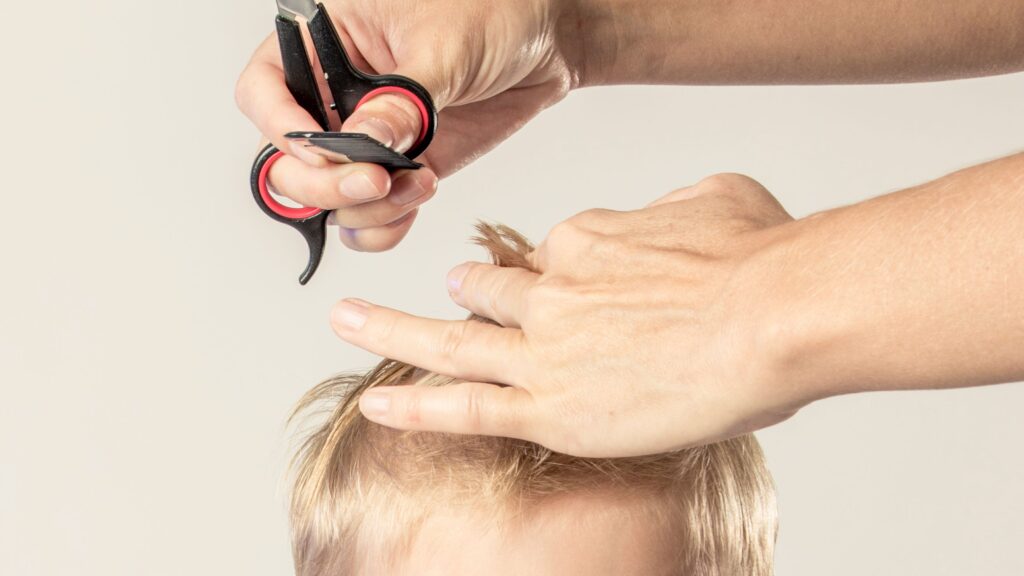Have you ever wondered if it’s legal to cut someone’s hair without their permission? While it might seem like a harmless act, the truth is that can you go to jail for cutting someone’s hair can have serious legal ramifications. This article will delve into the complexities of this issue, exploring the potential consequences and factors that influence whether or not such an action could lead to criminal charges.
We’ll examine the legal definitions of battery and assault, analyze how intent and the severity of any resulting injury play a role, and discuss the importance of personal autonomy and consent laws. Finally, we’ll consider how jurisdiction and local regulations can impact the legal outcomes in different areas.
Legal Consequences of Cutting Hair Without Consent
Cutting someone’s hair without their explicit consent can potentially lead to various legal consequences, ranging from civil lawsuits to criminal charges. The severity of these repercussions depends heavily on the specific circumstances surrounding the incident. For example, if the haircut is done as a prank and causes no harm, the legal ramifications might be minimal. However, if the act is intentional, malicious, or results in physical injury, the consequences could be significantly more severe.
It’s crucial to understand that even seemingly harmless actions can have unintended consequences. A person who cuts another’s hair without consent may face accusations of battery or assault, depending on the context and the victim’s perception of the act.
Battery and Assault Charges
Battery and assault are two distinct legal terms often used interchangeably but with subtle differences. Battery refers to the actual physical contact that causes harm or offensive touching. Assault, on the other hand, involves the threat of imminent harm or the creation of a reasonable fear of being physically attacked. In the context of cutting hair without consent, both charges could potentially apply.
If someone cuts another person’s hair against their will and causes physical pain or injury, it could be considered battery. Similarly, if the act is done in a threatening manner, causing the victim to fear immediate harm, it could constitute assault. The legal system considers the intent behind the action, as well as the resulting consequences, when determining the appropriate charges.
Intent Matters
Proving intent is often crucial in cases involving battery or assault. Prosecutors need to demonstrate that the person who cut the hair acted intentionally and knowingly violated the victim’s consent. Circumstances like premeditation, threats, or a history of aggressive behavior can strengthen the case for intentional harm.
Intent and Severity of Injury
The severity of any resulting injury plays a significant role in determining the legal consequences of cutting someone’s hair without consent. Minor cuts or scratches might lead to civil charges or a minor criminal offense, while more serious injuries could result in felony charges.
For example, if someone intentionally cuts another person’s hair and causes a deep laceration requiring stitches, the act could be considered aggravated battery. The severity of the injury directly impacts the potential penalties, which can range from fines to imprisonment.
Personal Autonomy and Consent Laws
Personal autonomy is a fundamental legal principle that recognizes an individual’s right to make decisions about their own body. This includes the right to consent to or refuse medical procedures, personal grooming, and other bodily interactions.
Many jurisdictions have laws specifically addressing consent in various contexts, including healthcare, education, and personal relationships. These laws emphasize the importance of informed consent, meaning that individuals must be fully aware of the potential risks and benefits involved before agreeing to any procedure or action that affects their body.
Jurisdiction and Local Regulations
Legal consequences for cutting someone’s hair without consent can vary significantly depending on the jurisdiction. Different states and countries have their own laws and regulations regarding personal autonomy, battery, assault, and other relevant offenses.
It’s essential to research the specific laws in your area to understand the potential legal ramifications of such an action. Consulting with a legal professional is always recommended if you have any questions or concerns about the legality of cutting someone’s hair without their consent.
Conclusion
While it might seem like a simple act, can you go to jail for cutting someone’s hair can have serious legal consequences. The potential for criminal charges, including battery and assault, depends on various factors such as intent, severity of injury, personal autonomy laws, and local regulations. It is crucial to respect individual consent and understand the legal implications of any action that involves another person’s body.



